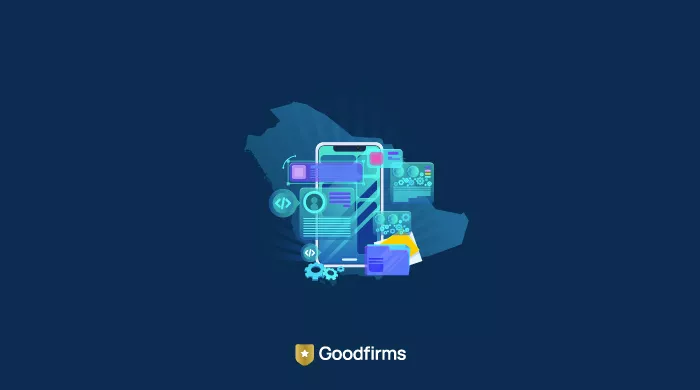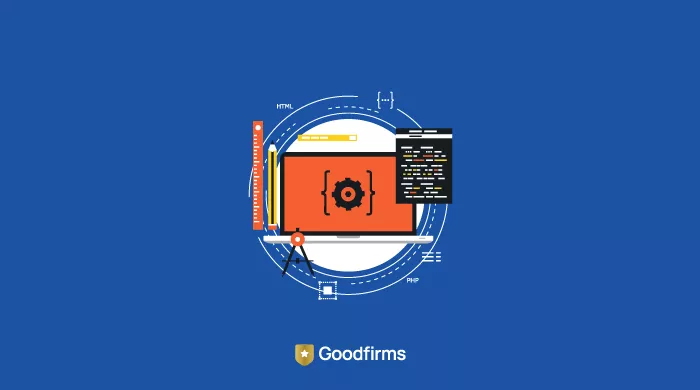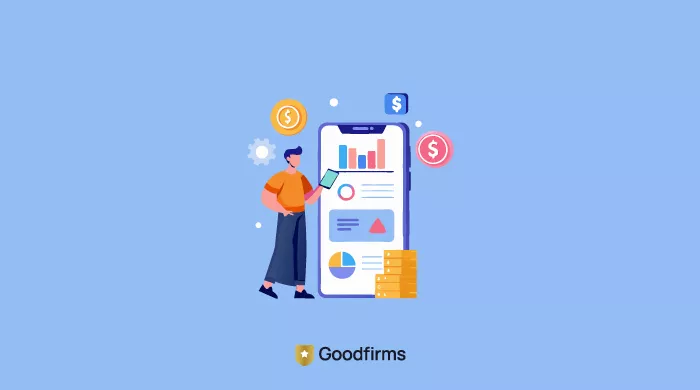Global mobility experienced a major setback due to the spread of coronavirus. The aviation sector has been practically stalled and aggravated by the loss of traffic and revenue. To get life back on track, the domestic and international borders are now open for travel with the lift of the COVID-19 induced lockdown.
From the deployment of autonomous vehicles to other intelligent mobility solutions, urban mobility is navigating through the new ‘normal’ with the help of digital technologies. In the same direction, the aviation industry has turned to smart and emerging tech solutions to redefine the future.
Technological Advancements for Aviation
Well before the arrival of coronavirus, airports were already undergoing a technological shift. However, to make the flying experience safer for travelers and the airport staff, the airline industry is witnessing an accelerated technology revolution. Let us see what technological advancements the future of flying holds for us.
Facial Recognition to Replace Passports
Non-contact face recognition tech enables biometric devices to scan your face, instead of handing over your ticket or passport. Several airlines have already issued the mandate for biometric boarding procedures to limit one-on-one interactions.
According to Forbes, only 1% of respondents believed that aviation was prepared for a pandemic like COVID-19. However, touchless technology has long been fascinating the airport authorities. The reasons for the same, although, varied back in the day.
Today, the idea behind the entire touchless scheme is to avoid the need to reach out for IDs and personally hand over boarding passes or luggage. From self-service kiosks to bag drop-offs, biometric processes can minimize interactions between staff and passengers. Certain face recognition tech holds the capability to distinguish individuals even with the masks on. This is made possible by sensors that can identify unique facial features such as the curve of the eyes or an ear.
The chief focus is to devise arrangements that reduce the need for human contact. So, the next time you get ready to board your flight, be prepared to have your face scanned with a deep learning or AI-enabled biometric device.
Robots for Cleaning
With cleaning at the forefront post the outbreak of the pandemic, multiple robots are being employed across airports for the cleaning operations.
At a time when frequent and reliable cleaning is the focal point, bots offer an edge over human cleaners. Unlike a human cleaning staff, a bot works tirelessly and is less likely to miss any spot while scrubbing the floors.
Earlier cleaning bots were manned with chemical disinfectants and used water pressure for cleaning. But now, as the primary functionality, the installation of UV-C rays emitting devices has gained popularity. UV-C or ultraviolet C rays boast the ability to damage the genetic material of viruses. This, thus, works as an excellent tool for thorough sterilization against the virus. Certain autonomous robots like the Neo are equipped with AI, allowing them to divert and map their route around stray objects or people.
Deploying robots for cleaning enables authorities to keep their staff away from exposure to the contagious virus. Besides, adhering to compliance regulations is effortless with bots as they will always perform the task precisely as they are programmed to do. So, we are expecting the airport flooring and carpets to be spick and span.
Standardizing Health Screenings
Thermal screening at public places has become an indispensable part of the new ‘normal’ routine. And, international airport authorities are in favor of continuing with temperature checks even post the containment of the virus.
The hand-held infrared thermometers are not the safest choice. Besides, the travel industry requires large-scale solutions for temperature screening, and they are opting for thermal screening cameras. The principle guiding both the hand-held wands and walk-through cameras is fundamentally sensing the heat radiated by the human body to estimate its external temperature.
However, the World Health Organization (WHO) and other health care experts think that infected but asymptomatic individuals will not come under the radar with mere temperature checks. Also, higher body temperature alone cannot confirm the presence of coronavirus infection, and can thus, result in chaos and disruption. To address these challenges, advanced health screening solutions are in the offing.
A more sophisticated approach, called the Symptom Sense, is facilitated with sensors capable of assessing the blood oxygen, respiratory rate, body temperature, and heart rate of an individual, without any physical contact. Thus, you can expect to encounter this device at the airport on your next flying trip.
Touchless Executions With Mobile Applications
From flight schedules to check-ins, the modern air traveler is well-versed with the use of smartphones and mobile applications for a convenient traveling experience. Further, given the current situation, mobile apps are anticipated to become a more integral part of the overall flying journey.
Mobile apps can be used for a variety of purposes on an airport, such as flight boarding alerts to avoid crowds overwhelming entry gates or the jet bridge. Another effective mobile app idea is a motion-analytic application to guide travelers through lines and for practicing social distancing while in lines and waiting areas. With smart video analytics incorporated in AI-enabled mobile apps, the airport authorities can effectively monitor preventive security and safety management. Besides, interfacing kiosks or gates with mobile apps can turn out to be useful to minimize any physical contact.
A mobile app can double as a boarding pass/ticket as well. Also, an application to get the overall picture of the contact encounters of an individual can help reduce risk factors. Further, smartphone-powered check-in procedures can be convenient and reliable.
The versatility of mobile applications offers an endless possibility of ideas to establish a safe traveling experience.
The Bottom Line
COVID-19 has acted as a catalyst for the adoption of sophisticated technologies across industries, including the aviation sector. The crisis triggered and escalated a multitude of trends with an emphasis on digital transformation as a whole.
What do airlines have to offer? Autonomous bots for scrubbing the floors, intelligent and comprehensive health screening solutions, mobile apps for cashless and touchless experiences, and much more.
Despite everything, 69% of individuals hold the opinion that airlines will survive the COVID-19 crisis but will be fundamentally changed. Besides, the installation of industry-wide safety and social distancing solutions requires a fair amount of commitment and time, along with the investment of a good deal of funds. However, mobile apps come in handy and are easily accessible on a large scale in a fairly lesser period.
Nonetheless, we can look forward to safe and convenient flight experiences with such adequate preventive measures and appropriate cleanliness and physical distancing provisions in place.




.jpeg)



